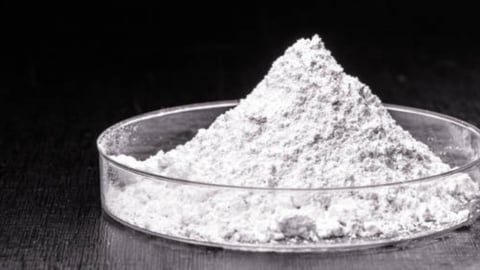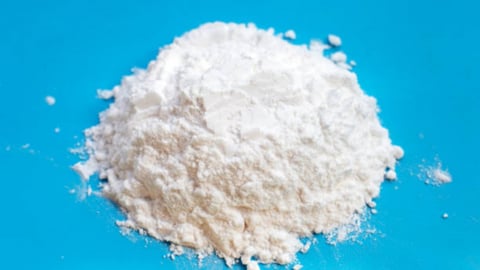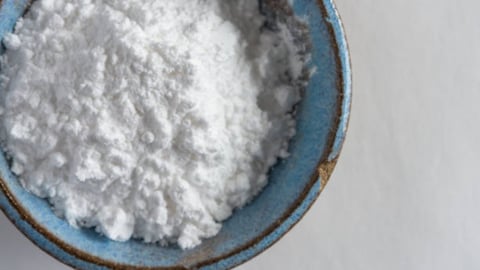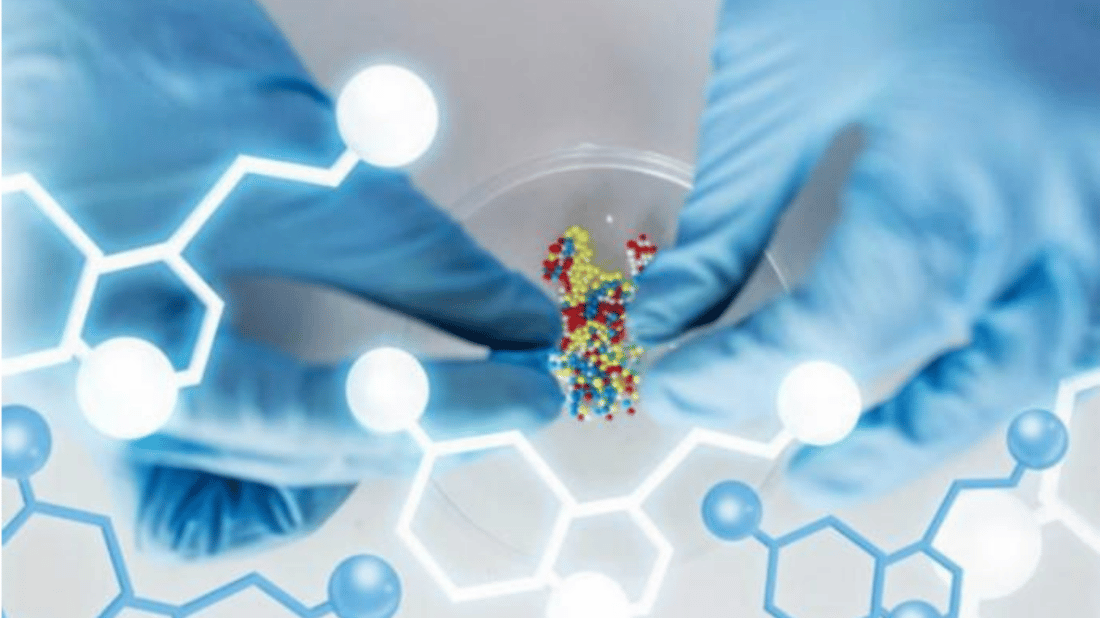What is Eribulin
Eribulin is a chemotherapy drug used to treat breast cancer

Who might be offered Eribulin?
Eribulin is used to treat people who have :
*locally advanced breast cancer, breast cancer that has spread to the tissues and lymph nodes(glands)around the chest, neck and under the breastbone
*secondary(metastatic) breast cancer -breast cancer that has spread to other parts of the body
The Science behind Eribulin

Eribulin, also known by its brand name Halaven, is a chemotherapy drug used in the treatment of certain types of cancer, including breast cancer. This article aims to shed light on How Eribulin Works?, exploring its mechanism of action, its effects on cancer cells, and its potential benefits in the fight against cancer.
The Role of Microtubules in Cell Division
Cell division is a complex process that plays a crucial role in the growth and development of all living organisms. Microtubules, which are essential components of the cell's structural framework, are responsible for organizing and segregating chromosomes during cell division. They form a dynamic network of protein filaments that function like tracks along which cellular components move.

Inhibition of Microtubule Dynamics
Eribulin exerts its anticancer effects by targeting and inhibiting the dynamics of microtubules. Unlike other drugs that directly interfere with microtubule assembly, Eribulin works by preventing the disassembly of microtubules. By binding to the ends of microtubules, it stabilizes them, preventing their breakdown and disrupting the normal process of cell division.

Halting Cancer Cell Growth
When Eribulin stabilizes microtubules, it interferes with the ability of cancer cells to divide and multiply. This disruption of the cell division process ultimately leads to the inhibition of cancer cell growth. By halting the proliferation of cancer cells, Eribulin provides an opportunity for the body's natural defense mechanisms to recognize and eliminate them.
Inducing Cell Death
Another important aspect of Eribulin's mechanism of action is its ability to induce cell death, also known as apoptosis, in cancer cells. By stabilizing microtubules, Eribulin triggers a series of events within the cell that activate apoptosis pathways. This programmed cell death helps to eliminate cancer cells and prevent their further spread within the body.
Disrupting Tumor Vasculature
In addition to its effects on cancer cells, Eribulin also has a unique impact on the tumor vasculature, the network of blood vessels that supply nutrients to the tumor. Eribulin hampers the formation of new blood vessels, a process known as angiogenesis, by inhibiting the migration and assembly of endothelial cells. This disruption deprives the tumor of essential nutrients, impairing its ability to grow and metastasize.
Improved Survival Rates
Clinical trials evaluating the efficacy of Eribulin have shown promising results. In patients with metastatic breast cancer, Eribulin has demonstrated an improvement in overall survival compared to other treatment options. Its unique mechanism of action, targeting both cancer cells and tumor vasculature, contributes to its effectiveness in slowing down disease progression and prolonging survival.
Managing Side Effects
While Eribulin offers significant benefits in treating cancer, it is important to note that it may also cause certain side effects. Common side effects include fatigue, hair loss, nausea, and decreased appetite. It is essential for patients to communicate with their healthcare providers about any side effects experienced, as they can provide guidance on managing these symptoms and ensuring the best possible treatment outcomes.
Future Directions and Research

The understanding of Eribulin's mechanism of action continues to evolve, and ongoing research aims to explore its potential applications in other types of cancer. Scientists are also investigating combination therapies involving Eribulin to enhance its effectiveness and reduce the risk of drug resistance. These advancements hold promise for improving treatment outcomes and expanding the therapeutic options available to cancer patients.
Conclusion
Eribulin, with its unique mechanism of action targeting microtubules and disrupting tumor vasculature, offers new hope in the fight against cancer. By inhibiting cell division, inducing apoptosis, and hampering angiogenesis, Eribulin provides an effective treatment option for certain types of cancer, including metastatic breast cancer. Ongoing research and clinical trials continue to shed light on its potential benefits and pave the way for further advancements in cancer treatment.
Noatic can supply a series of Eribulin intermediates in lab size, some items sell well, related CAS is 157322-47-9,185411-11-4,1808153-90-3, please contact us if you have any concerns

